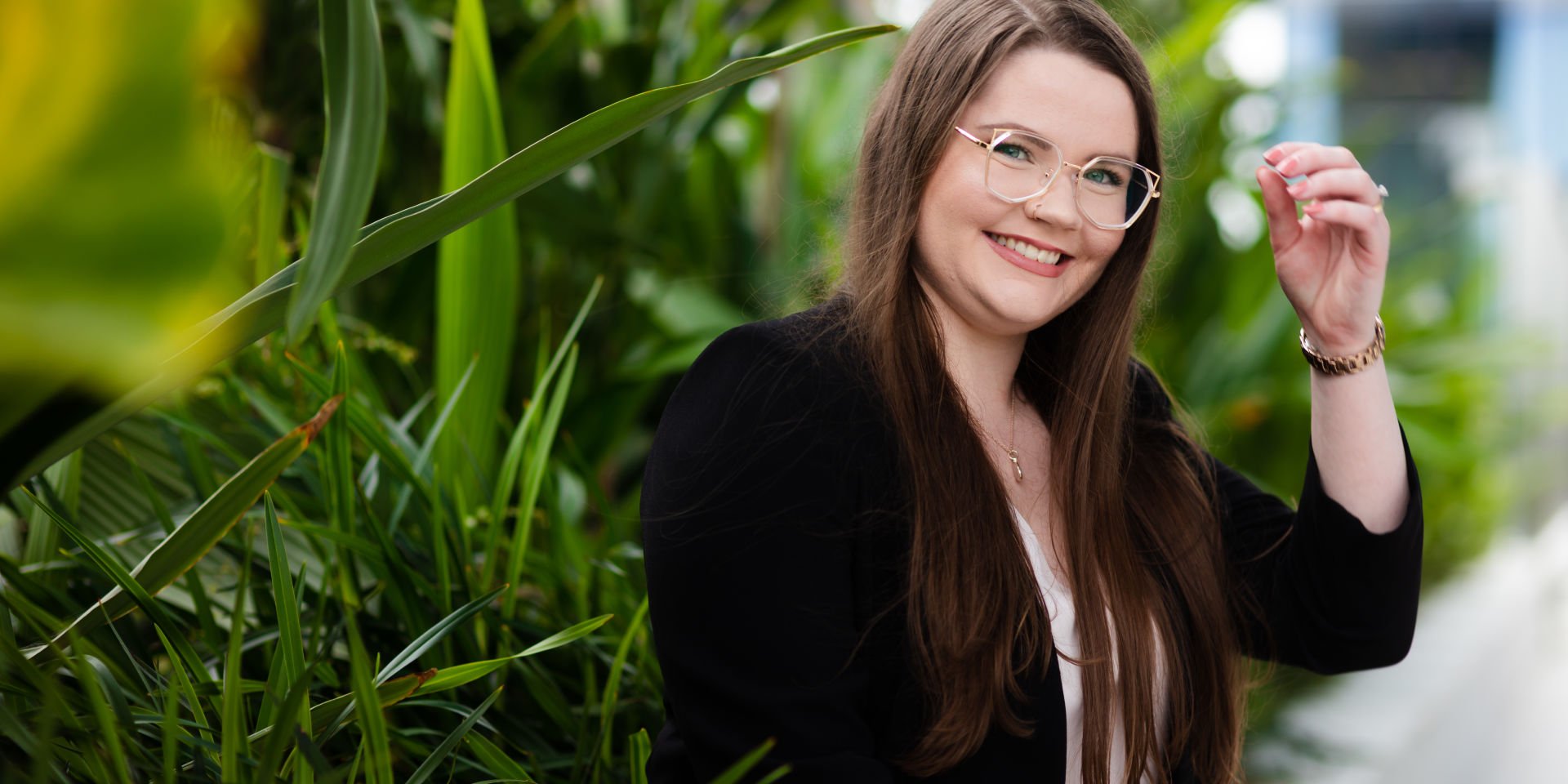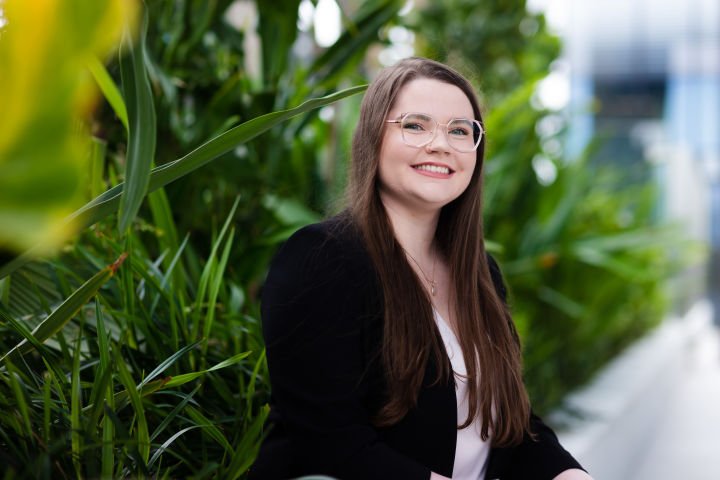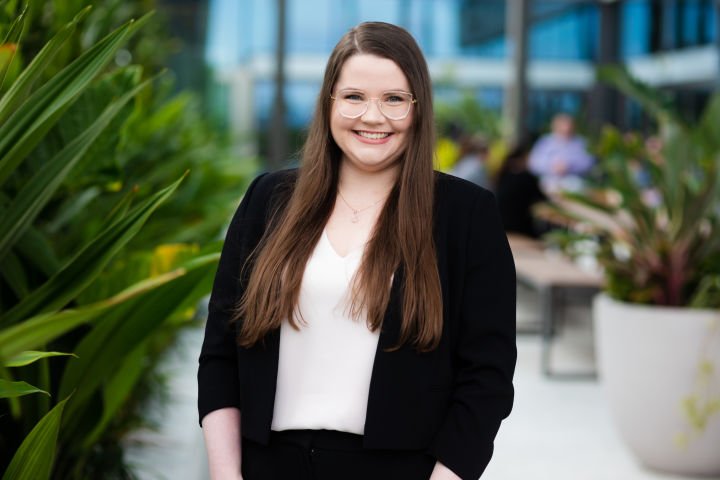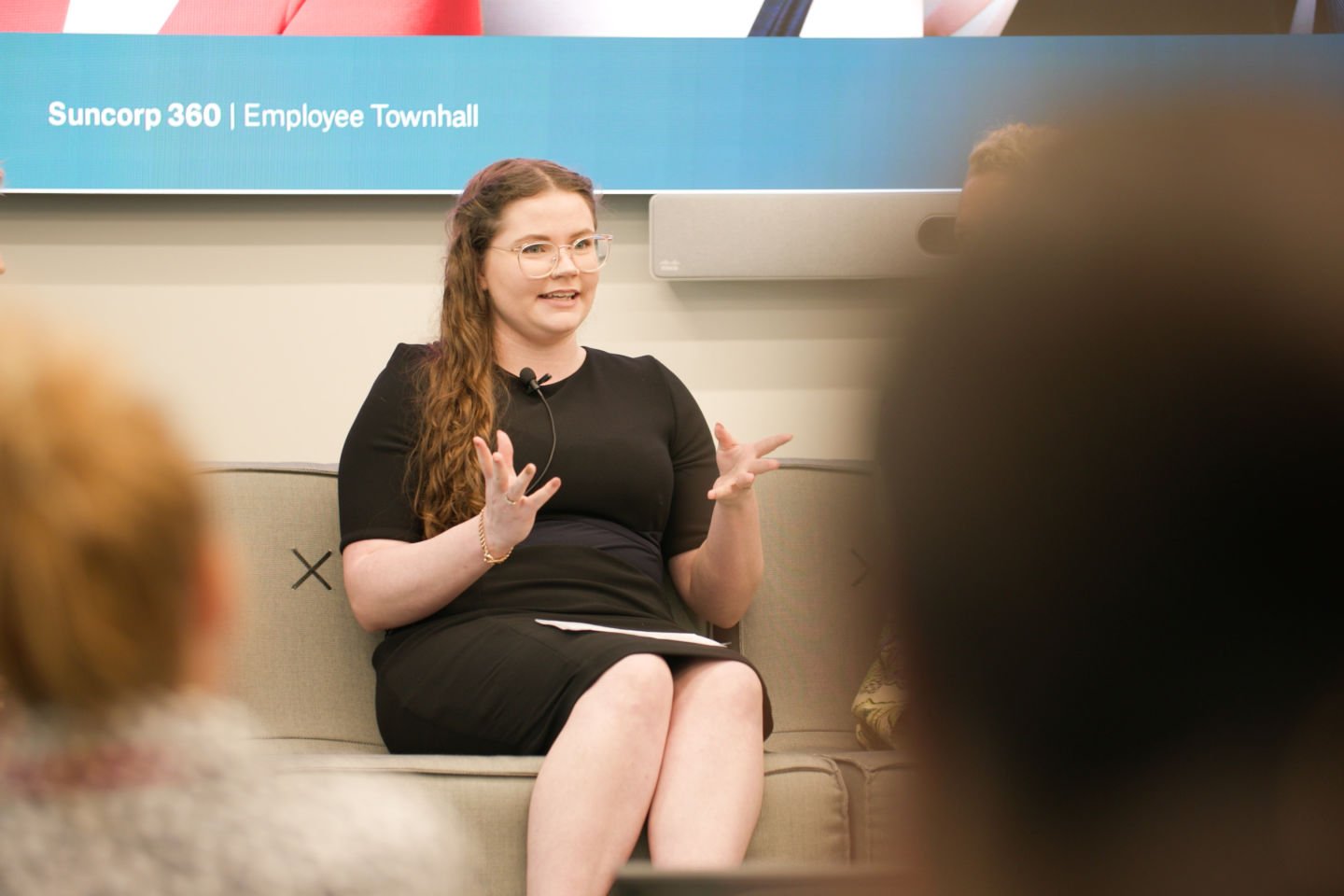
In 2023, employees who identify as disabled have better access to fair treatment, accessible resources and inclusion efforts from their workplace than they ever have before. It's leading to more of those employees, particularly those with invisible disabilities, to share their identity with colleagues, friends and even their employers.
It's this gradual reduction in stigma that's led people like Caitlin Walsh, who was diagnosed as Neurodivergent much later in life, to feel comfortable enough to share her status as a person with disability with her workplace.


Caitlin is part of the growing group of women between 20-40 years old who are diagnosed with a Neurodivergent condition after decades of battling stigma and experiencing symptoms misaligned with a traditional diagnosis. However, as Caitlin explains, with the stigma of mental health lessening and the growth in medical research leading to a broadened understanding of how women experience Neurodiversity, women are much more likely to seek clarity and support in 2023 than they were 10-15 years ago.
“Accessing diagnosis can be difficult for girls and women due to the lack of research and understanding of the different ways the symptoms and struggles can present,” Caitlin explains.
“As more women openly discuss their experiences and share their journeys it helps to spread awareness and encourage those who need it to seek out diagnosis and support.”
While the data for the uptick in Neurodivergent diagnosis in Australia isn’t as clear as our American neighbours, medical data from the States* shows that there’s been a 344 per cent increase in women between the ages of 15 and 44 filling ADHD medication prescriptions between 2003 to 2015. Data from the United Kingdom mirrors this.**
While it’s true that being Neurodivergent may result in challenges, it can also build strengths in areas such as problem-solving, productivity and creativity.

Women aren’t just ‘waking up’ with this condition; medical practitioners hypothesise that affected females have likely had these conditions their whole lives, but have presented as managing the condition better through ‘masking’, or masquerading as more commonly diagnosed conditions among women, like low self-esteem, depression or anxiety.
Women like Caitlin are now keen to shed light on the imbalance of the diagnosis between women and men. In 2022, Caitlin founded Suncorp’s first Employee Resource Group (ERG) dedicated to supporting, empowering and sharing knowledge around Neurodivergence in the workplace.
The group, called ‘Infinite Minds’, is chaired by Caitlin herself and a group of volunteer committee members. Caitlin says she is passionate about having people with a lived experience leading the group so they can best represent their community of like-minded employees.
“I think lived experiences are very important when it comes to advocating for the community. While there may be commonalities, each Neurodivergent person is unique and my hope is that Infinite Minds allows people to feel comfortable to share their experiences and advocate for themselves,” she says.

Caitlin speaking alongside fellow ERG chairs at Suncorp's all-employee address, Suncorp 360.
Caitlin says that she hopes the group shares important awareness about the Neurodivergent community in the Suncorp workplace, as well as sharing the positive impact that Neurodiversity can have on workplace efficiency and team morale. The Harvard Business Review backs Caitlin’s proposition, publishing their findings in a 2017 research report which suggested that teams with Neurodivergent professionals in some roles can be 30% more productive than those without them. The research article was titled ‘Neurodiversity as a competitive edge’.
“While it’s true that being Neurodivergent may result in challenges, it can also build strengths in areas such as problem-solving, productivity and creativity,” says Caitlin.
“By building an inclusive workplace that supports employees with all kinds of minds we’re not only doing right by our people, but also by our business.”
Caitlin says she feels confident in the way Suncorp has supported her through her diagnosis. She describes her experience as “accepting and supportive” and says she encourages others who feel they also require some flexibility and understanding in the way they work to have a discussion with their leader.
“Traditional workplaces can certainly be more of a struggle for Neurodivergent people than Neurotypicals, however the increasing awareness and advocacy of Neurodiversity is helping to bridge this gap. Breaking down the barriers and secrecy around being Neurodivergent makes it easier to share strategies and have more open discussions with leaders and managers.”
Suncorp is proud to be an equal opportunity employer. Join our team by visiting our Careers Page.
*Dramatic increase in ADHD prescriptions filled by reproductive-age women | Centre for Disease Control & Prevention
**Hundreds of thousands more women tested for ADHD last year | The Independent



